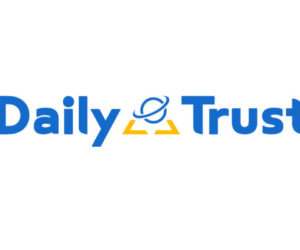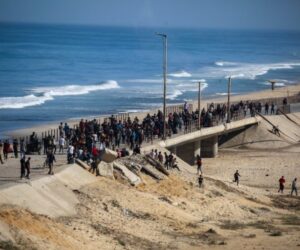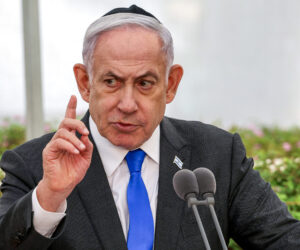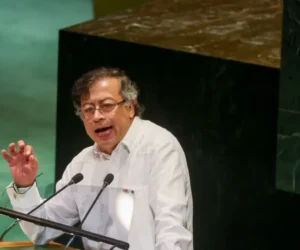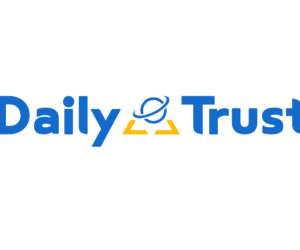The United States Mission in Nigeria has introduced a new requirement for non-immigrant visa applicants, demanding that they must now disclose all social media usernames or handles used over the past five years.
The announcement was made via the embassy’s official X (formerly Twitter) account on Monday.
According to the directive, Nigerian citizens applying for US non-immigrant visas — including those for tourism, business, study, or temporary work- must provide details of every social media platform they have used during that period when completing the DS-160 application form.
SPONSOR AD
“Visa applicants are required to list all social media usernames or handles of every platform they have used from the last 5 years on the DS-160 visa application form,” the embassy stated.
“Applicants certify that the information in their visa application is true and correct before they sign and submit.”
The mission emphasised that failure to provide accurate or complete information could result in visa denial and may affect eligibility for future applications.
The DS-160 is the standard online form used for most US non-immigrant visas, including: B-1 (temporary business), B-2 (tourism), F and M (student visas), H-1B (temporary work visas).
Commenting on the recent directive, a former career diplomat, who requested anonymity, has advised Nigerians to exercise caution online, especially if they plan to travel to or engage with the United States.
“We’ve consistently warned Nigerians: if you intend to travel to the US or conduct any business there — even within the next two years, you must be extremely mindful of what you say and post on social media, especially in comment sections,” he said.
He emphasised that comments made online can be scrutinised during US security vetting processes.
“It’s often through your comments that they gather the information they need during background checks. Be particularly cautious when discussing American politics or foreign policy,” he added.
The diplomat also urged media professionals and influencers to help raise awareness about the risks of making provocative or unnecessary remarks about the United States and its allies, especially Israel, noting that such content could affect visa eligibility.


